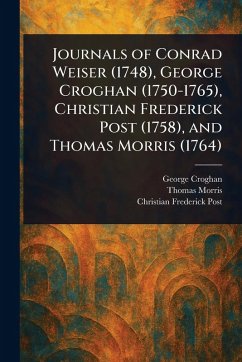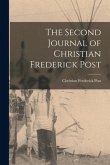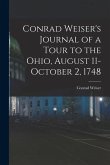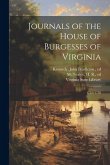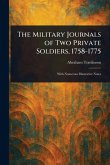Explore the formative years of the American frontier with "Early Western Travels, 1748-1846, Volume 1 of 2." This meticulously prepared edition presents firsthand accounts of exploration and discovery in the Mississippi River Valley, offering unparalleled insights into the colonial period. Delve into the journals of Conrad Weiser (1748), George Croghan (1750-1765), Christian Frederick Post (1758), and Thomas Morris (1764) as they navigate the landscapes and cultures of the early American West. Witness pivotal expeditions and encounters through their eyes, providing invaluable historical context. A vital resource for historians and anyone fascinated by the expansion of the United States, this volume captures the spirit of adventure and the challenges of settling new territories. Discover the perspectives of key figures in early western travel, revealing a crucial chapter in American history. A testament to the enduring power of exploration and the human spirit. This work has been selected by scholars as being culturally important, and is part of the knowledge base of civilization as we know it. This work is in the public domain in the United States of America, and possibly other nations. Within the United States, you may freely copy and distribute this work, as no entity (individual or corporate) has a copyright on the body of the work. Scholars believe, and we concur, that this work is important enough to be preserved, reproduced, and made generally available to the public. We appreciate your support of the preservation process, and thank you for being an important part of keeping this knowledge alive and relevant.
Bitte wählen Sie Ihr Anliegen aus.
Rechnungen
Retourenschein anfordern
Bestellstatus
Storno

